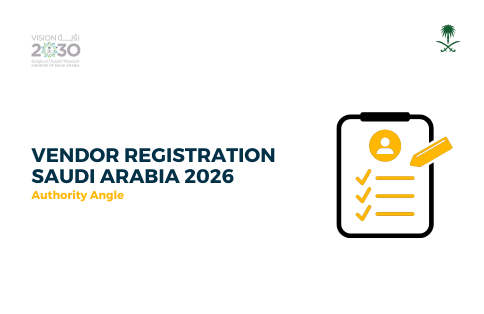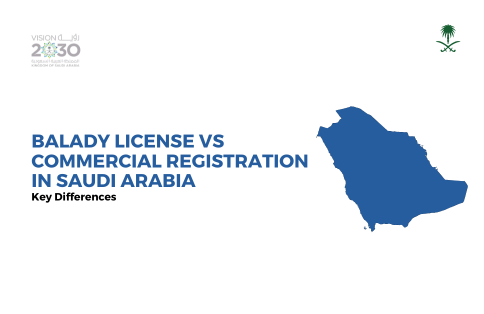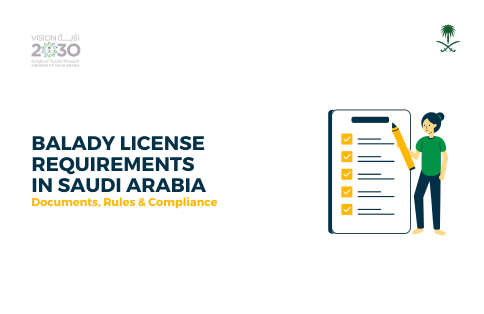Starting a business in Saudi Arabia has become a popular move for both local and international investors. Thanks to its rapidly growing economy, investor-friendly regulations, and Vision 2030 goals, the Kingdom offers a golden opportunity for entrepreneurs. But before jumping in, it’s essential to understand the requirements for business setup in Saudi Arabia.
Why Start a Business in Saudi Arabia?
Saudi Arabia is not just rich in oil it’s becoming a powerhouse in finance, tourism, technology, and innovation. With 100% foreign ownership now allowed in many sectors and a simplified registration process, the country is creating a welcoming environment for global businesses.
Whether you’re planning to open a branch, a new company, or a joint venture, understanding the requirements for business setup in Saudi Arabia is your first step.
Key Requirements for Business Setup in Saudi Arabia
Here are the main requirements you’ll need to fulfill:
1. Choose a Legal Structure
Before anything else, decide the business type:
- Limited Liability Company (LLC)
- Joint Stock Company (JSC)
- Branch of a Foreign Company
- Sole Proprietorship
Each type has specific regulations, ownership rules, and capital requirements.
2. Obtain a Foreign Investment License (if applicable)
If you’re a foreign investor, you’ll need approval from the Ministry of Investment of Saudi Arabia (MISA). This license permits 100% foreign ownership in eligible sectors.
3. Reserve a Company Name
Choose a unique name for your company and reserve it through the Ministry of Commerce (MoC) online portal.
4. Prepare the Articles of Association
This document defines your business structure, objectives, shareholders, and capital distribution. It must be notarized and submitted to the MoC.
5. Register with the Ministry of Commerce
Once your documents are ready and approved, you can register your business officially to receive your Commercial Registration (CR) certificate.
6. Open a Corporate Bank Account
A local Saudi bank account is mandatory for capital deposit and operational transactions.
7. Register for ZATCA (Tax Authority)
All businesses must register with the Zakat, Tax and Customs Authority (ZATCA) and comply with tax and VAT regulations.
8. Obtain Additional Licenses (if required)
Some industries, such as healthcare, education, or construction, require extra licenses from relevant ministries.
Documents Required
To make it simple, here’s a checklist of commonly required documents:
- Passport copies of shareholders/directors
- Proposed company name
- Articles of Association
- Proof of address
- Bank reference letter
- Business activity description
- MISA license (for foreign investors)
- Power of Attorney (if using a consultancy)
Tips to Simplify the Setup Process
Hire a local business consultant: They know the system inside out and can handle all paperwork and approvals.
Use online government portals: Many steps can now be done online, including name reservation, MISA applications, and CR registration.
Plan ahead for Saudization: Depending on your sector, hiring a certain percentage of Saudi nationals might be mandatory.
Who Can Help You?
If all this sounds overwhelming, you don’t have to go it alone. At J K Management Consultancies, we specialize in helping individuals and companies handle all the requirements for business setup in Saudi Arabia from licensing to tax registration to local office setup.
Final Thoughts
Understanding the requirements for business setup in Saudi Arabia is key to launching smoothly and legally. With the right preparation, guidance, and a trusted partner, your journey into the Saudi market can be both exciting and rewarding.




















